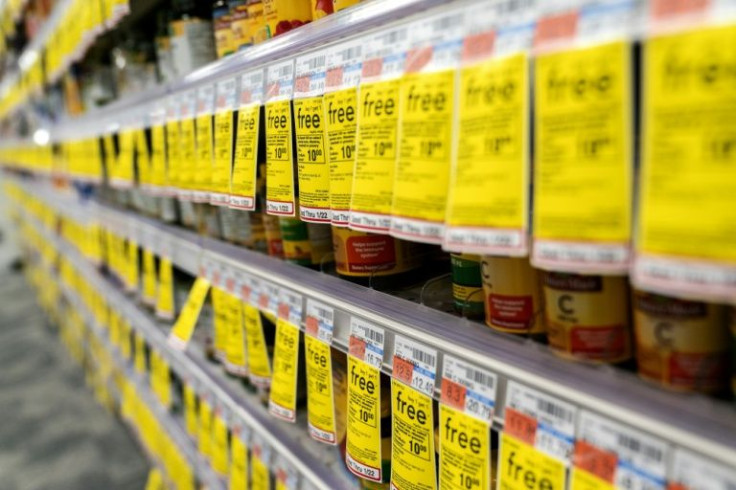US Producer Inflation Showed Signs Of Easing In December
Wholesale prices for US goods and services surged to a record last year amid the supply snarls that have battered the global economy, but data released Thursday showed the inflation pressures eased in December.
The producer price index (PPI) jumped 9.7 percent in 2021, the largest calendar-year increase since the data was first calculated in 2010, the Labor Department reported.
But PPI in the final month of the year gained just 0.2 percent compared to November, its slowest increase in over a year, and half the increase economists were expecting, due to a 0.4 percent decrease in the cost of goods.
The data follows the government report on consumer prices released Wednesday showing the biggest annual increase in nearly four decades, fueled by jumps in prices for cars, housing and food.
However, at the producer level, energy prices dropped 3.3 percent and food prices also declined, the data showed.
"Producer prices ended the year on an encouraging note, rising less than expectations as both the headline and core PPI moderated in December," said Mahir Rasheed of Oxford Economics.
The Covid-19 pandemic has created shortages of critical goods like computer chips for cars while transportation snags have further fanned the inflation flames as new strains of the virus cause additional business disruptions.

"Persistent supply disruptions will pin producer prices near record levels in the near term, especially given a rapidly spreading Omicron variant that will fan inflation pressures," Rasheed said.
Federal Reserve officials have made clear that fighting the wave of price increases will be a priority, and many economists now expect the central bank to raise the benchmark interest rate as soon as March.
The price surge has battered President Joe Biden's reputation even as the economy recovers from the damage inflicted by the pandemic, and his White House welcomed the sign the pressures might be abating.
"Monthly inflation results are always volatile, and this report was driven in large part by a reduction in highly volatile energy and food prices, but also reflects potential improvement in prices for supply-chain related goods and services," said Cecilia Rouse, head of the White House Council of Economic Advisors.
But she said the data underscore the need to continue to work to resolve the supply chain issues.
"Even as the economy has had a historic recovery, we continue to face challenges with prices driven by supply chain disruptions around the world."
© Copyright AFP {{Year}}. All rights reserved.





















